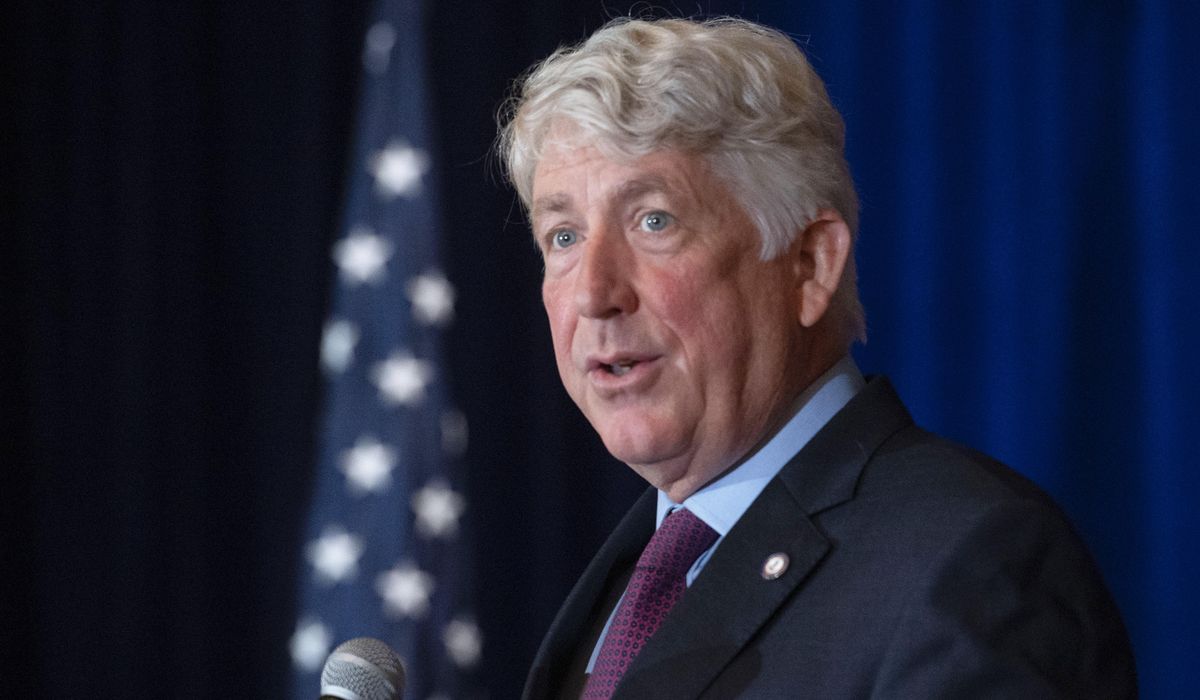
Virginia’s legislature cannot rescind its ratification of the Equal Rights Amendment to the U.S. Constitution, Democratic Attorney General Mark Herring said in an opinion this week, acting just days before he leaves office.
Mr. Herring said the Constitution sets out procedures for ratification but is silent on revoking ratification, so it was not part of the founders’ design. He said Virginia law also only talks about ratification, not revocation.
“For the foregoing reasons, it is my opinion that Virginia cannot rescind its ratification of the ERA,” wrote Mr. Herring, a lame duck who in November lost his bid for reelection to a third term.
He will be replaced by Republican Jason Miyares, who has told The Washington Times he will review the state’s legal stance on the ERA.
Democrats in Virginia rushed to ratify the ERA in January 2020 after winning control of both chambers of the state’s General Assembly in elections in 2019. The state became the 38th to vote to ratify — putting the ERA over the two-thirds threshold the Constitution requires for a new amendment to be added to the founding document.
But that vote, as well as votes by Illinois and Nevada, came decades after the deadline Congress set, sparking a major constitutional conundrum that still confounds policymakers.
In addition to the deadline issue, five other states that previously ratified the ERA voted to revoke that vote — including several that acted before the original deadline for ratification. Without them, the amendment would stand at just 33 ratifications, well below the threshold.
Those issues are being fought in federal courts now, with Virginia — acting through Mr. Herring — as the lead plaintiff in the critical case. Mr. Miyares, who will soon take over, has indicated he expects that lawsuit to be dismissed.
The Equal Rights Amendment’s key text reads: “Equality of rights under the law shall not be denied or abridged by the United States or by any State on account of sex.”
Congress submitted the amendment to the states in 1972, with a ratification deadline of 1979. Only 35 states had ratified at that point — including the several that also voted later to revoke.
Congress then passed a law to extend the deadline to 1982.
It’s not clear whether the extension is legal, much less any ratifications after that deadline. Add to that the question of revoked ratifications and the push for recognition as the 28th amendment is fraught with complications.
The National Archives has been blocked from recognizing Virginia’s ratification vote by a federal Justice Department opinion issued during the Trump era.
The long delay between the 1972 submission and Virginia’s 2020 ratification vote also highlights other problems with the amendment, such as what the intention was. Gay rights were not part of the 1972 debate in Congress or the early ratifying states, but were front-and-center in the General Assembly when Virginia voted nearly five decades later.
Mr. Herring’s opinion came in response to a request from state Sen. Mamie E. Locke, a Democrat from Hampton.
Democrats lost control of the state House in November’s elections, but still hold the Senate, 21-19. That lessens the likelihood of a revocation, at least until after the next General Assembly elections in 2023.







